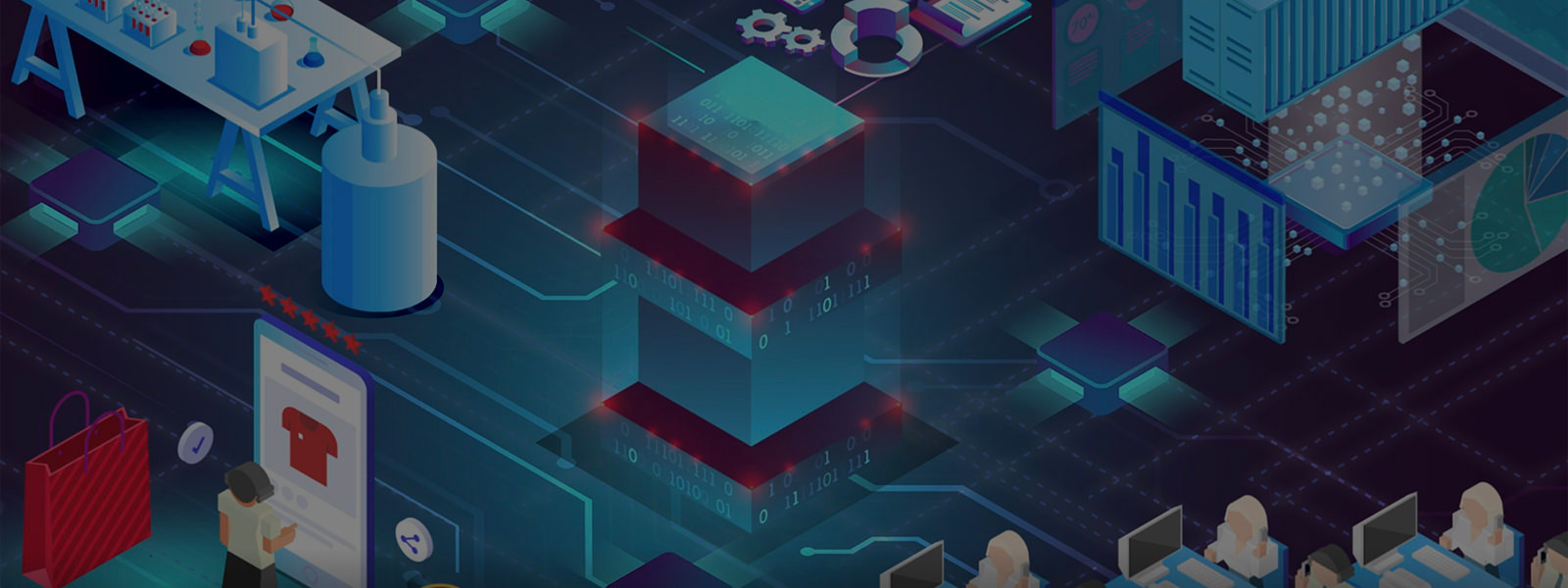Recent advances indicate the technology could be ready to improve the customer experience.
In the news
“New AI chatbot is scary good,” reads a recent Axios headline. The bot in question, OpenAI’s ChatGPT, appears to be a major improvement over anything that came before. People are having fun on Twitter and elsewhere asking the AI-driven text generator to rewrite fiction with oddball twists, explain various phenomena, write limericks—the list goes on.
And the results can, indeed, be scary good; already, some are worried about ChatGPT’s ability to produce academic papers that fool both professors and the software universities use to catch plagiarism. This is just one of the many thorny ethics questions raised by the technology (and by artificial intelligence-driven applications generally).
When you look beyond its novelty factor, ChatGPT’s limitations are very apparent, as this MIT Tech Review piece illustrates. During a live demo, the author had to rephrase a query four times before the bot addressed it. Moreover, beyond the flashy technology, another skeptical story points out ChatGPT “lacks the ability to truly understand the complexity of human language and conversation.”
The Cognizant take
Like so many phenomena in the age of social media, ChatGPT quickly became faddishly popular—but just as quickly generated a backlash among naysayers, critics and get-off-my-lawn Luddites. Putting all this aside, though, next-generation chat has the potential to significantly improve customer experience (CX). For example, newer bots can distinguish between B2B and B2C contexts, tailoring responses accordingly.
Indeed, if this study is to be believed (which may require a grain of salt, as it was commissioned by a contact center platform), one of the primary reasons to improve chatbots may be to reduce consumer annoyance and improve customer experience. In the survey, 80% of respondents said using chatbots increased their frustration, 72% called them a waste of time, and a catastrophic 78% said they’d been “forced to connect with a human after failing to resolve their needs through an automated service channel.”
So there’s plenty of work yet to be done on this front. One area in which many users have criticized ChatGPT is in recognizing human emotions. That’s a significant area for improvement; in order to improve CX, chatbots should sense customer frustration and respond in such a way as to reduce it.
While ethics questions will persist for the foreseeable future, next-generation chatbots will revolutionize CX, bringing competitive advantage to organizations that successfully harness and integrate it.














